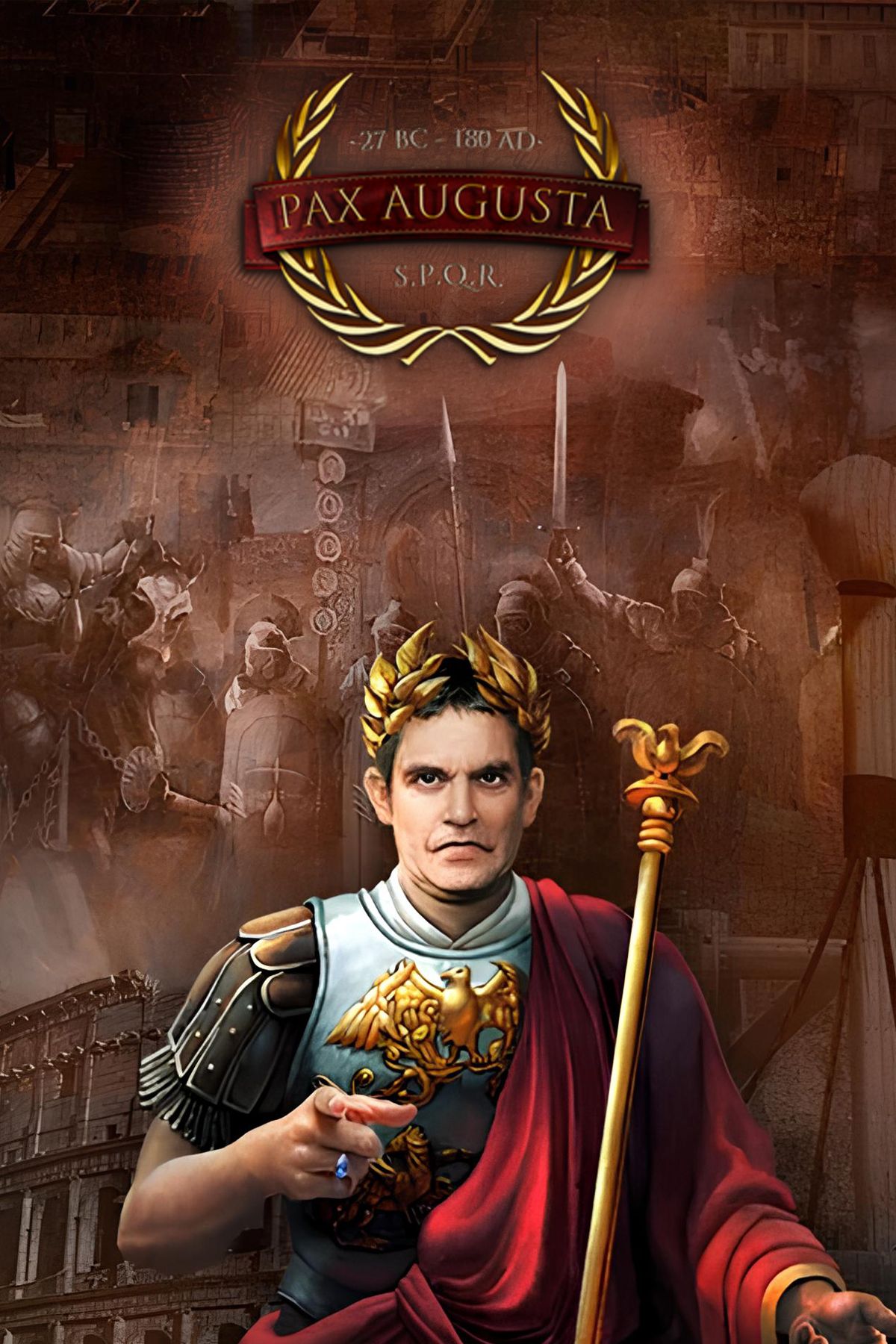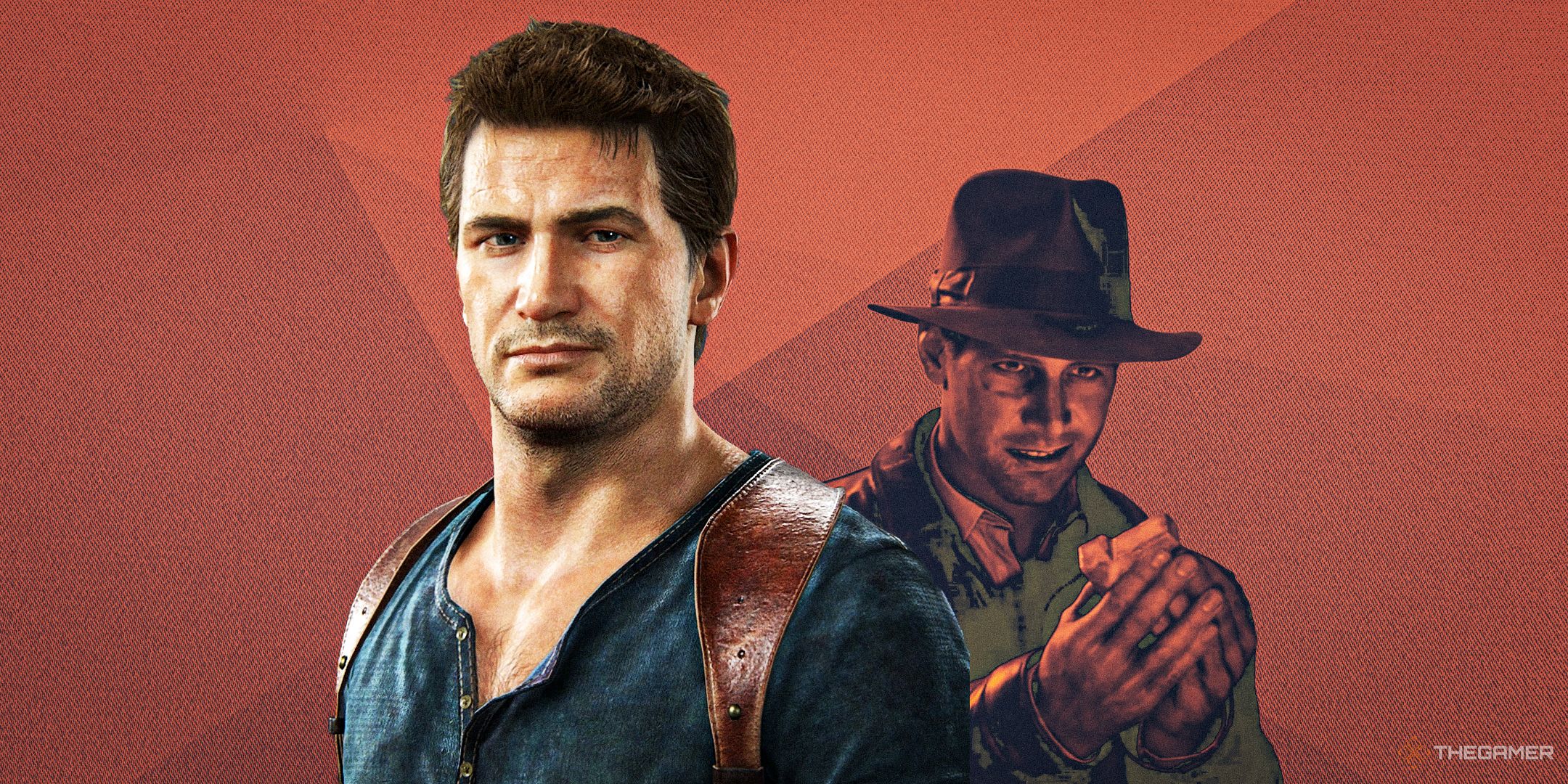Pax Augusta is a highly detailed and highly ambitious city-builder from solo developer Roger Gassman. You take control of a fledgling Roman settlement in the Western province of Gaul, Germania, and the southern tip of Britain. Across multiple different modes – including the story mode which is inspired by the writings of Tacitus, regarded as the greatest Roman historian – you’ll start with a few shoddy wooden houses and eventually build a towering metropolis, complete with bathhouses, enormous temples, and lengthy aqueducts. The level of care and detail poured into the building models alone shows you just how much of a labor of love this project has been for Gassman.
In an interview with the Ancient History Podcast, Gassman speaks of how the game was originally just going to be built for himself, but he decided to expand on the development after it began garnering attention online. As a result, there’s this sometimes jarring juxtaposition between what is basically an engine to build intricate Roman cities and actual gameplay mechanics. Those who are used to extremely fleshed-out city survival mechanics a lá Banished might be disappointed by Pax Augusta, but that’s not what this game is about.
Pax Augusta is essentially a Roman city-building playground. I spent most of my time just using the photo mode to admire the city-scapes. It reminded me of the citizen camera in the original Rome: Total War which allowed you to walk around the settlements you’d conquered and developed. And the cities in Pax Augusta do develop organically, which meant that even though it felt like I was missing out on some real challenges and interesting city-building mechanics, I still played this pre-launch build for several hours.
Related
You Couldn’t Pay Me To Play Kingdom Come: Deliverance 2 On Hardcore Mode
This game is hard enough as it is.
Ex Nihilo Nihil Fit – Nothing Comes From Nothing
By far the best aspect of Pax Augusta is how your cities develop slowly over time. Due to the staggered housing requirements for the different classes of citizens, beginning with the Liberti and Peregrini and working up through Cives to eventually wealthy Senators, your citizens will always require something new. For the most basic of citizens, you just need some market stalls for food, a necropolis so that they can bury their dead, and a place to fetch water. For the Senators, however, you need an Arena, an established religion with religious ceremonies, latrines, bathhouses, running water via aqueduct, a city wall, and much more.
Through a combination of trade and expansion, you’ll start to accrue the materials and funds you need to continue developing your town. There are some fairly rudimentary production queues that serve as functional requirements to expand your city, such as brick production and wood harvesting; but also a Slave Market system, as certain Roman industries utilized slaves, such as marble quarrying and iron mining. Pax Augusta is a historically-accurate city-builder, and Rome was built on the back of thousands of slaves.
As your town grows, so does your reputation and personal wealth. Beyond the city-building mechanics, there are several other things to consider. Your relationship with the emperor can gain you favor during certain events, your own personal reputation can allow you to secure social promotions (thus unlocking buildings for your towns), and your personal wealth can be used to quickly establish new settlements across the wild frontier of the Roman Empire.
Audentes Fortuna Iuvat – Fortune Favors The Bold… Or Does It?
This is a hugely ambitious scale for a solo developer, and there are times when Pax Augusta feels the strain of that. Pax Augusta won’t win any awards for the graphics of its overworld map design – it’s quite janky to navigate and a little hard on the eyes. I don’t mind too much, though, because I’m really here for the sprawling marble metropolises, and they don’t look half bad. I particularly like the modularity of the buildings – every type of residential building comes with additional constructions, like arcades, gardens, and additional housing at the rear. You can fill almost every empty space on the map, if you want. It creates an incredibly dense cityscape to admire.
There was one glaring bug I encountered during my review session, though this was promptly fixed in a couple of days by the developer. I think I encountered another during the last couple of days of playtesting that I’ll send over so that it can hopefully get remedied before launch too. There were a few other instances where buildings bugged out and carts got stuck on random bits of terrain, but overall it was a surprisingly smooth experience.
The moments where I bounced off of the game were when the UI let me down – sometimes you can’t build in certain locations, and I’m not sure why, because the game doesn’t do a very good job of telling you. There’s also no way to quickly return to the location of your settlement while exploring the world map, which means more than once I was scouring unnecessarily looking for my home.
I’m also not sure if the maps are always as small as they have been so far in my playthrough. There’s plenty of room for a small Roman settlement, but considering the Senator’s Villa is about half the size of the map, I presume there must be a way to expand the map size, though I haven’t figured it out yet. That’s likely due to restrictions around simulation rendering, as even on my high-end PC the game did start to struggle with very large towns of hundreds of people.
Overall, I had a great time playing Pax Augusta, and while it’s a niche game for a niche audience, anyone who has fond memories of playing historical city-builders will enjoy this breath of fresh air. A game built with real care and attention in a developer’s spare time, self-taught with YouTube tutorials. The fact the game is half as good as it is an incredible feat of development.

Pax Augusta

- Released
-
April 17, 2025
- Developer(s)
-
Roger Gassmann
- Publisher(s)
-
Senatis
- Highly detailed and historically-accurate city-builder
- Buildings models are excellent
- Roman city-building playground
- Some jank to the UI and map design
- Performance slowed down in very large towns
- Lack of some modern city-building mechanics and depth

Related
Indiana Jones Being An Immersive Sim Was A Galaxy-Brained Choice
Uncharted was the obvious way to adapt Indiana Jones, so The Great Circle gets to be a little weirder.



